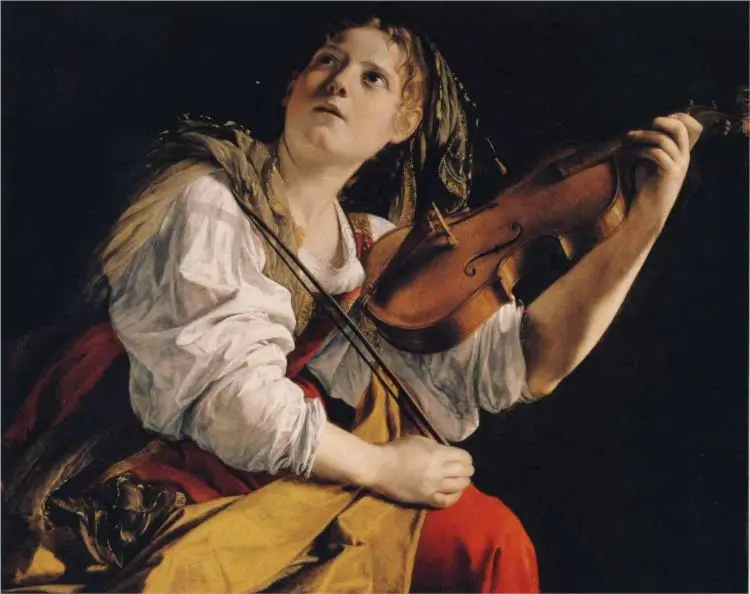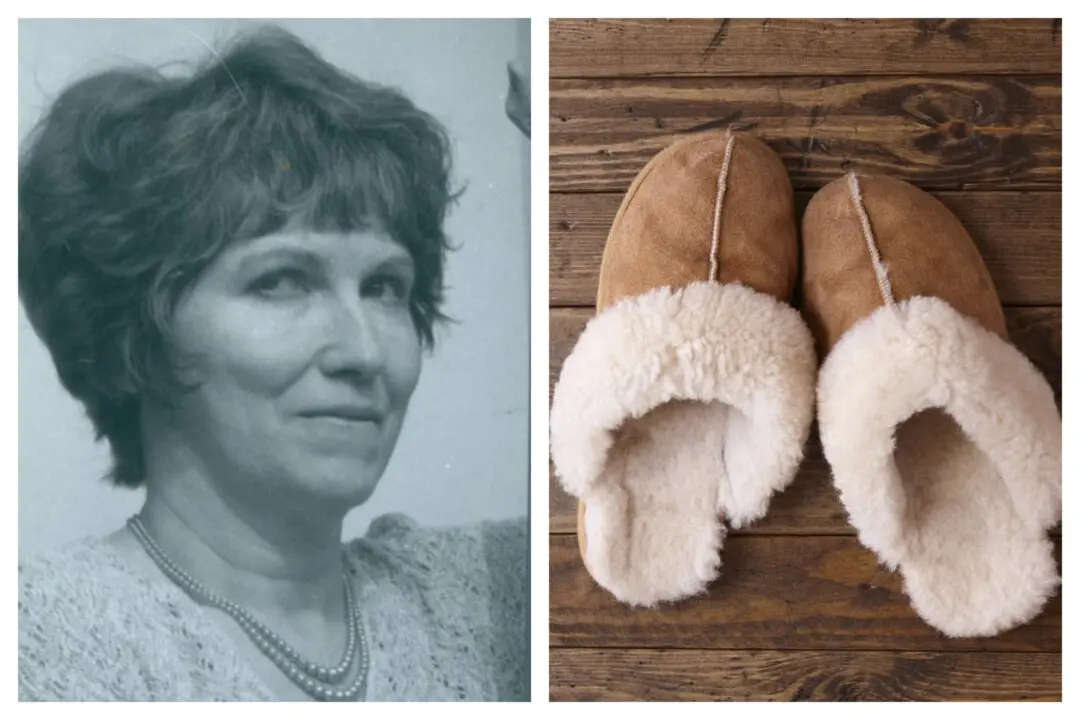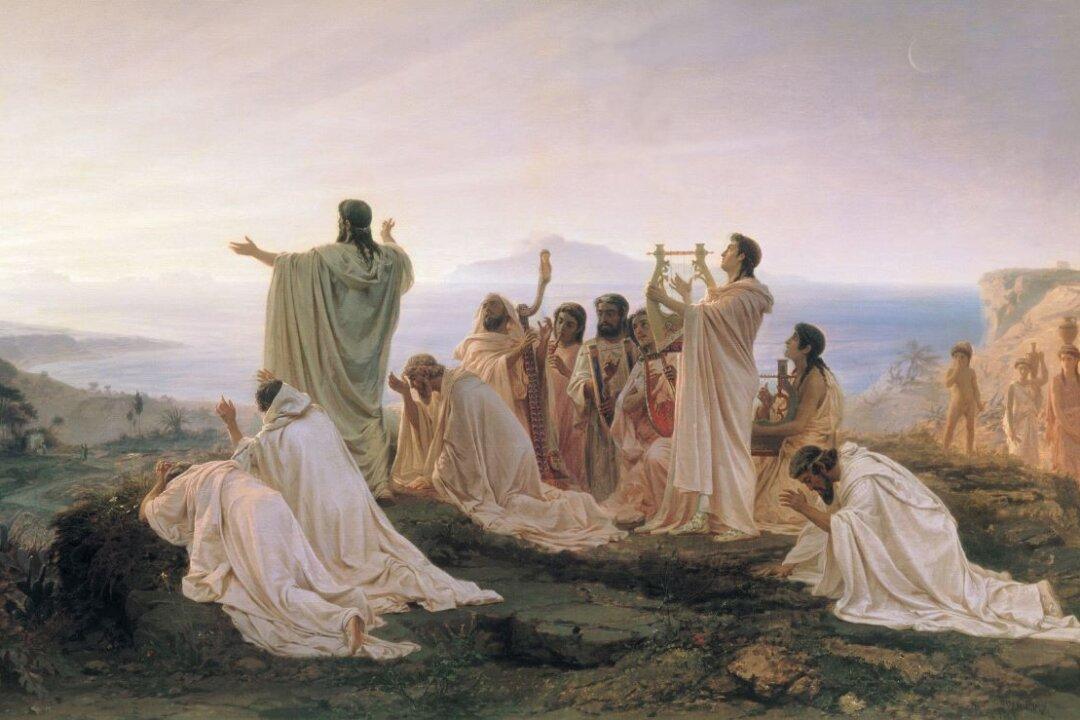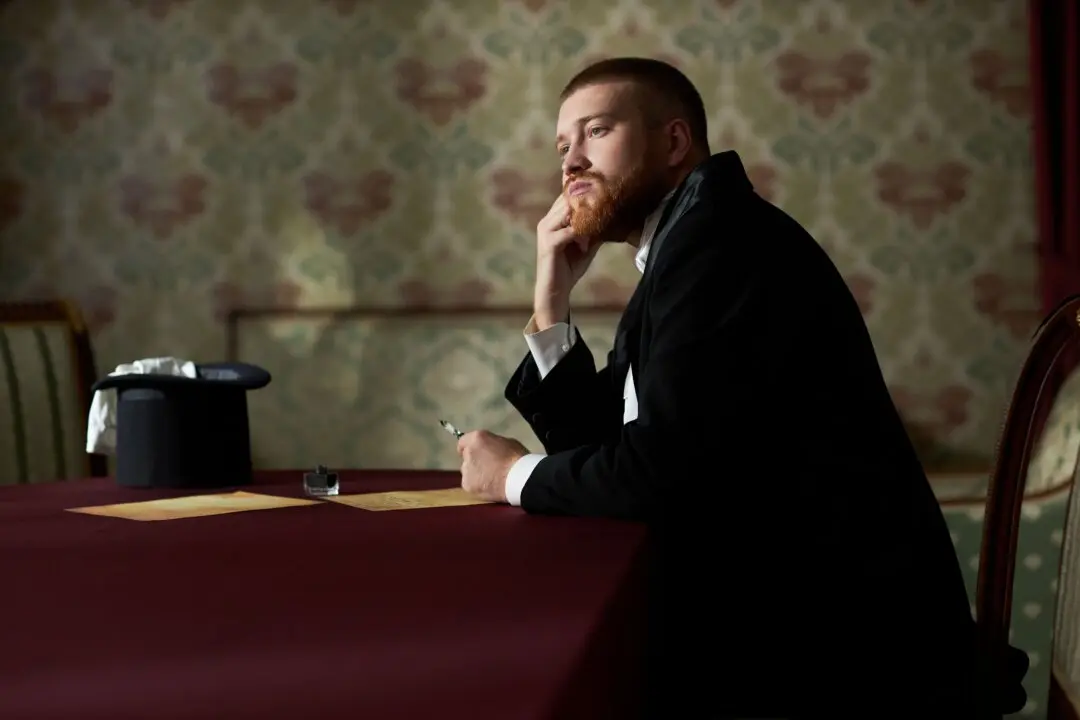Childhood was not always a time for fun and games. In prior centuries, the outlook was bleak for those born out of wedlock. Abandoned boys and girls were left to fend for themselves on the streets, surviving by banding together in gangs. Even when foundling homes expanded in the 18th century, living conditions were abysmal and mortality rates high. (The philosopher Jean-Jacques Rousseau, renowned for his idealistic theories of education, sent his five children off to die this way.)
For female orphans in Venice at this time, though, there was a small chance that illegitimacy could pave the way to international stardom. The Ospedale della Pietà, one of four orphanages supported by the Venetian Republic, was renowned throughout Europe for both its charitable work and for training its best and brightest girls to be virtuoso singers and musicians. The Pietà is remembered today mainly because of its resident music director, Antonio Vivaldi. But there is at least one other name associated with the institution that deserves to be saved from oblivion: his student, Anna Maria.





